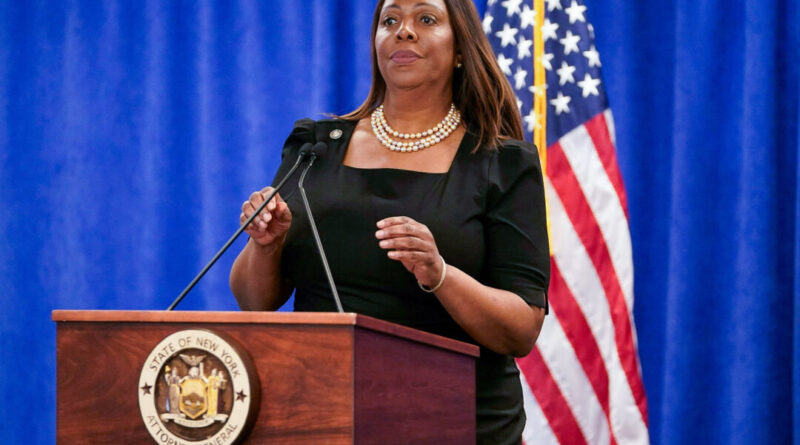Supreme Court Won’t Hear Telecom Industry Challenge to New York Internet Rate Caps for the Poor
Allowing the state to limit rates could lead to ‘a patchwork of state laws’ across the country governing internet access, an industry group argued.
The U.S. Supreme Court on Dec. 16 rejected a telecommunications industry lawsuit challenging New York’s decision to be the first state in the nation to limit internet access charges for low-income households.
The New York State Telecommunications Association had argued in court papers that if the Empire State’s policy stands, other states may also impose price controls on internet access.
The group urged the Supreme Court to take up the case to affirm the “federal Communications Act—not a patchwork of state laws—governs the regulation of interstate communications services.”
The state statute was to come into force in June 2021, but a federal district court blocked it, determining that the companies showed they would suffer irreparable harm and would probably succeed in their argument that the Communications Act preempted the law. Federal preemption means that a state law that conflicts with federal law is invalid.
A divided U.S. Court of Appeals for the Second Circuit reversed the injunction in April of this year, holding that even though the Communications Act prohibits the Federal Communications Commission (FCC) “from subjecting interstate information services to common-carrier regulation (including rate regulation), it leaves States free to regulate the rates consumers pay for those same state interstate information services,” according to the petition.
Although the FCC “has reversed course over the years on how broadband fits within … [the Communications Act],” and the agency decision to allow the New York policy was paused pending appeal, “one thing has stayed true: no government has ever regulated the prices consumers pay for broadband.”
“The Communications Act preempts States from regulating the prices consumers pay for this critical interstate communications service.”
Because the Second Circuit accepted New York’s argument, this “threatens to spark a nationwide, state-by-state race to dictate the prices at which broadband service is sold to consumers. And that race is unlikely to stop there.”
Under the circuit court’s rationale, the Communications Act also does not prevent states from dictating rates for other paid services, such as music streaming, cloud storage, and email and messaging, the petition said.
“The Second Circuit properly rejected petitioners’ remarkably sweeping argument that Congress intended to preempt States from regulating the entire field of interstate communications services.”
In the Communications Act, Congress made it clear that it intended “to preserve a role for the States in regulating interstate communications services, including rates.”
The Epoch Times reached out for comment to the association’s attorney, Scott Angstreich of Kellogg, Hansen, Todd, Figel, and Frederick in Washington, and New York Attorney General Letitia James. No replies were received as of publication time.





